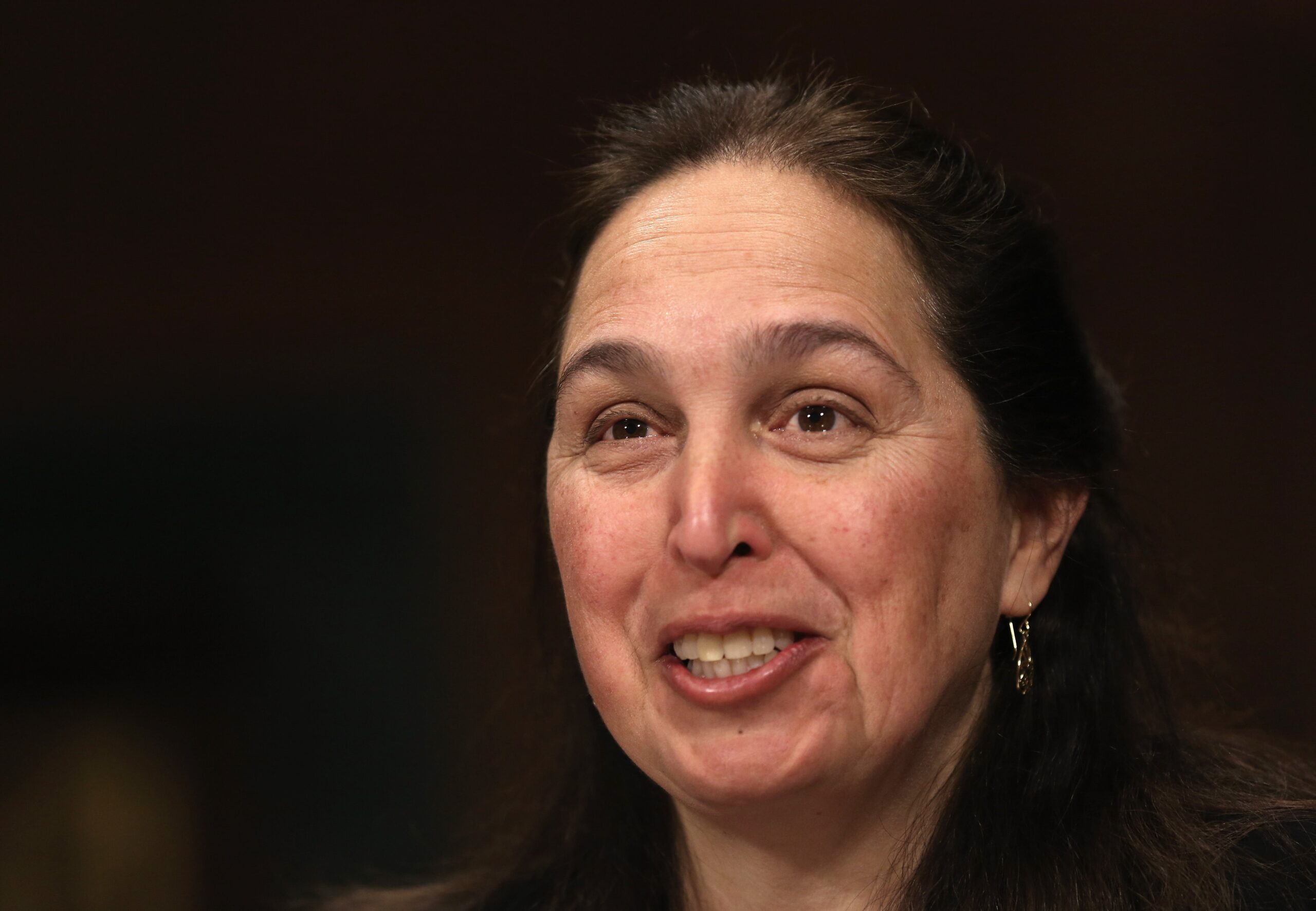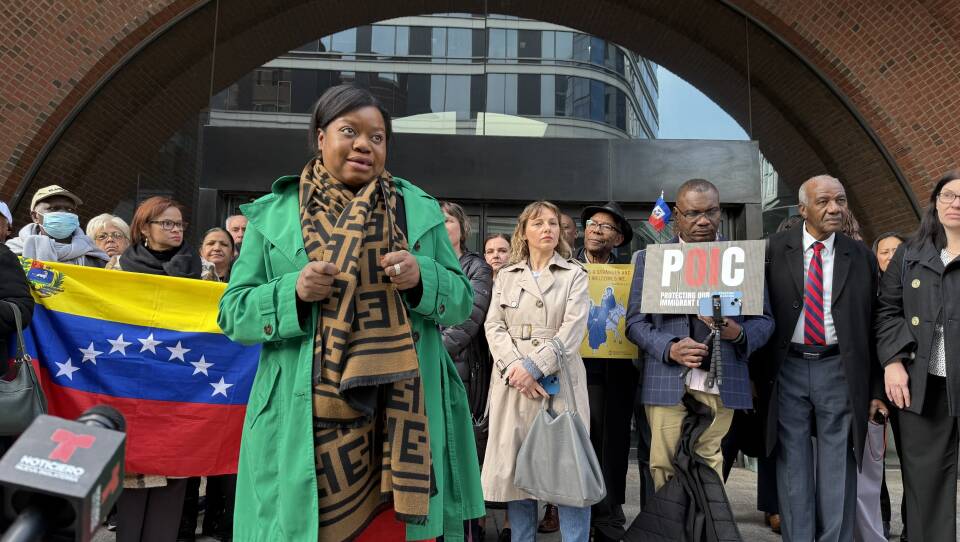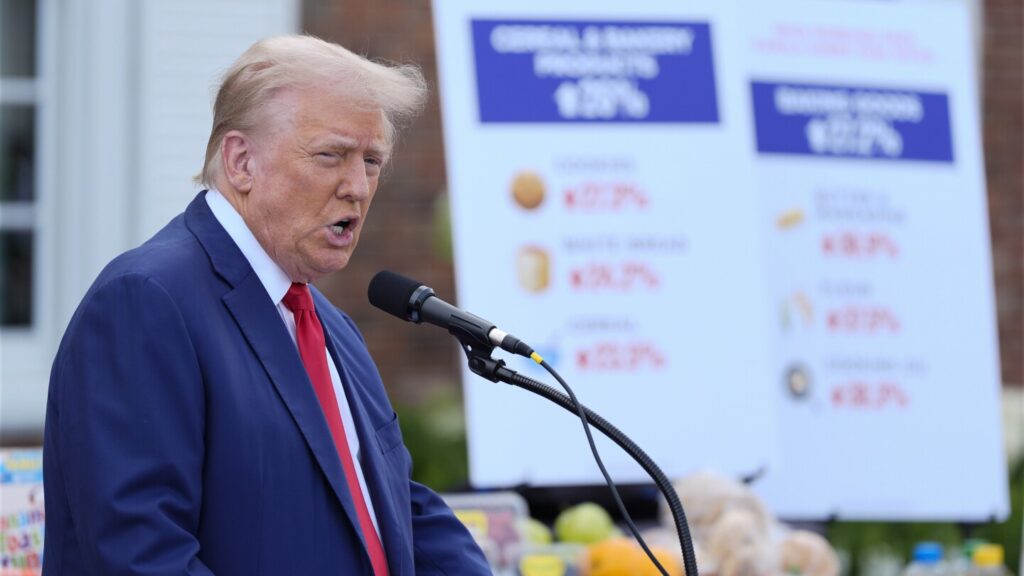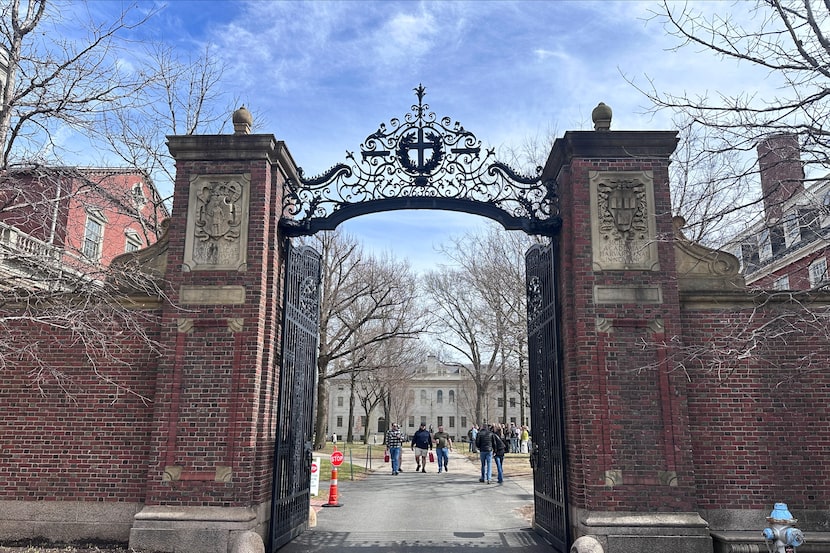Now Reading: Judge Blocks Trump’s Mass Deportation Plan in Dramatic Court Showdown
-
01
Judge Blocks Trump’s Mass Deportation Plan in Dramatic Court Showdown

Judge Blocks Trump’s Mass Deportation Plan in Dramatic Court Showdown
Federal Judge Halts Trump Administration’s Mass Deportation Plan
In a dramatic eleventh-hour decision, U.S. District Court Judge Indira Talwani has blocked the Trump administration from proceeding with its controversial plan to terminate the legal status of over half a million migrants. The ruling came just days before the April 24 deadline when affected individuals would have been forced to self-deport or face arrest.
The Boston-based federal judge’s decision suspends deportation warnings previously issued by the government and prohibits officials from revoking the legal protection known as immigration parole granted during the Biden administration to migrants from Cuba, Haiti, Nicaragua, and Venezuela.

Why This Ruling Is Sending Shockwaves Through Washington
Judge Talwani didn’t mince words in her powerful ruling, stating that the “early termination, without any case-by-case justification, of legal status for noncitizens who have complied with DHS programs and entered the country lawfully undermines the rule of law.”
This judicial intervention represents a significant reprieve for the 532,000 migrants who arrived under the Biden administration’s program, which was designed to promote legal immigration while discouraging unlawful border crossings. The policy, known as CHNV, allowed these individuals to fly directly to the U.S. after securing sponsorships from American citizens or residents.
Upon arrival, they received immigration parole status and work authorization for a two-year period – benefits that were set to be stripped away before Judge Talwani’s intervention. The ruling essentially forces the administration to review each case individually rather than implementing a blanket termination.

The Human Impact: Over Half a Million Lives in Limbo
Behind the legal terminology and political posturing lies the reality of more than half a million people whose lives have been hanging in the balance. Many have established homes, begun jobs, enrolled children in schools, and formed community connections since arriving through the legal channels provided by the CHNV program.
Immigration advocates have highlighted numerous success stories of program participants who have become essential workers, started businesses, or reunited with family members after years of separation. The abrupt termination would have thrown these lives into chaos with virtually no time to prepare.
Many affected individuals had expressed fear of returning to countries facing political instability, economic collapse, or dangerous conditions – the very factors that had qualified them for the program initially.

The Controversial Program at the Center of the Storm
The Biden administration implemented the CHNV program as part of a broader strategy to manage migration patterns more effectively. Officials partially credited the initiative for significantly reducing unlawful border crossings by citizens from the four eligible countries – Cuba, Haiti, Nicaragua, and Venezuela.
However, the program wasn’t without its critics. Several Republican-led states challenged its legality, arguing that the government’s parole authority wasn’t intended to facilitate the admission of such large numbers of migrants through a program with broad eligibility requirements.
The legal battle highlights the deep divisions in American politics regarding immigration policy, with advocates emphasizing humanitarian concerns and critics focusing on border security and legal jurisdiction questions.
What Happens Next: The Road Ahead
While Judge Talwani’s ruling provides immediate relief, the long-term fate of the CHNV program and its participants remains uncertain. Legal experts anticipate the administration will appeal the decision, potentially sending the case to higher courts.
Immigration attorneys are advising program participants to continue documenting their compliance with all program requirements and to seek individual legal counsel to understand their specific options.
Meanwhile, advocacy organizations are mobilizing to provide support services and information to affected communities, many of whom have limited access to legal resources or may face language barriers in navigating the complicated immigration system.

The Broader Political Implications
This high-profile ruling comes at a time when immigration remains one of the most divisive political issues in the country. The court’s intervention highlights the ongoing tension between executive policy decisions and judicial oversight in the immigration arena.
As both political parties gear up for continued battles over the direction of immigration policy, this case will likely become a significant reference point in wider discussions about humanitarian protections, executive authority, and the proper role of the courts in immigration matters.
For now, Judge Talwani’s decision has given hundreds of thousands of people a chance to breathe easier as their legal status remains protected – at least temporarily. How this story ultimately unfolds will depend on the administration’s next moves and the response of higher courts if the ruling is appealed.












